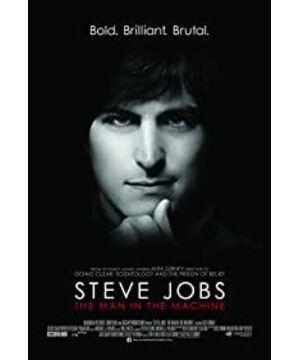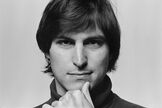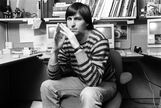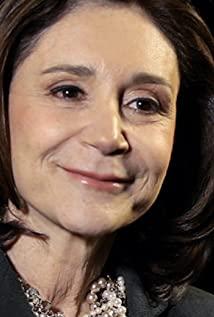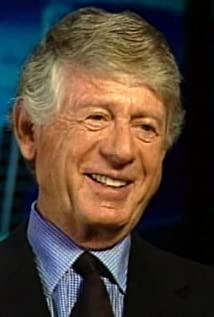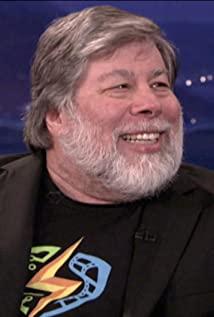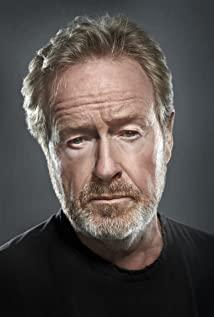whole film ends with the face of the person in the mirror slowly turning to the face of Jobs in the black screen of the iphone, responding to the question raised at the beginning: too many people have nothing to do with him, but because of his death It is extremely distressing, but the people living near him cannot bear his selfishness, bastard and even evil. It is a cliché to pretend that human nature is complicated. If metal products at the beginning of the word i isolate people's hearts, can they approach each other without machines? I'm afraid it's fortunate to have them, each staring at the screen to resolve how many embarrassing moments of gathering.
The film festival viewing this film corresponds to the feature film "Steve Jobs". I really admire the screenwriter Sokin. He digs deep into the entry point of "Human Machine" and "Father". Slightly go to sit down. In this film, her daughter Lisa said that Jobs took her to Japan to eat at a sushi restaurant like in the "New York Gangs" movie. There are too many to eat. The richness and warmth are completely different from "Every meal is just a salad". , Made her think that the situation would get better, but it was only a moment, when she returned to the United States, she still "every meal is just a salad", this is his way of being a person.
The feature film is "See you on the matter", with three narratives and three conferences. In the words of "Jobs" in the film, "Everyone drank too much, and they all ran to me to confess their concerns"-the film is where everyone comes together. But a good playwright knows how to throw out the problem, and throw it neatly and beautifully, but it doesn't necessarily have to be solved. I don’t think of the beautification of Jobs at the end. In the background music "grow up at midnight", he walked to the center of the stage from Lisa’s perspective. Where did he fall into, where he escaped, destroyed, destroyed, shaken, and shaken. Just watching (jumping away from the movie, watching him drift away, remembering that there is no such person in the world, so I'm sorry anyway)
But he can't just be a bystander, because his life has been completely changed by him. And he, after all, has nothing to do with you, a conscious thing. In the documentary, the mountains and rocks in the background of the Kyoto courtyard, the so-called "mourning"—appreciating the sorrow and glory of the fallen leaves, privately thought it was also a kind of “one period, one meeting”—Jobs knew that we are in an era, and art is no longer reserved for the next century. There is a memorial hall, great paintings, and handed down music. In less than 10 years (or even shorter), no one will remember the 6s, and when it was created, it was harsh; it was crazily to desire it, to get it, and to be so predecessor. Every time the "latest model". "Humanization" can be "hypocritically" given a kind of self-comfort: He understands me, so he uses cold metal to accompany me; and the fact may be that "humanization" itself is a kind of strategy, he started from the blue box He understands and is familiar with human greed, loves the new and dislikes the old (maybe understood since he was adopted as a child), and uses them. Of course, this kind of behavior that is close to Satan also restrained himself.
View more about Steve Jobs: The Man in the Machine reviews


